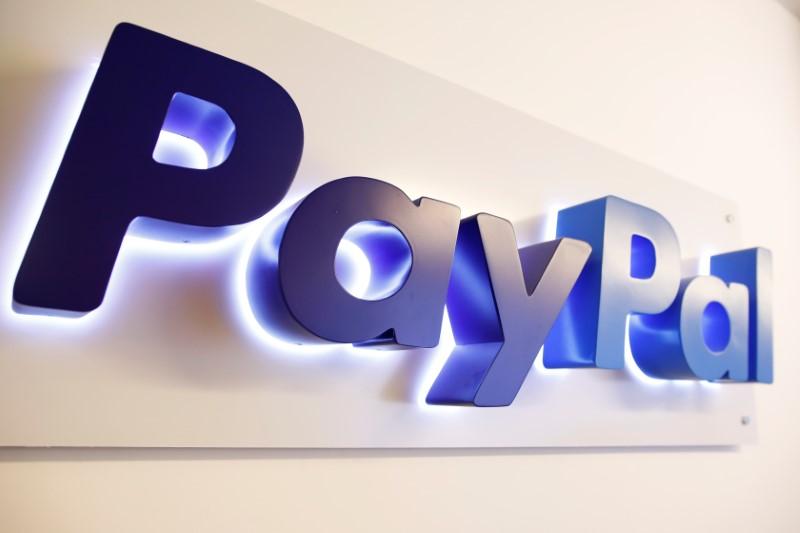PayPal’s future rests on striking a quadruple whammy. The $80 billion payments firm, which announced estimates-beating third-quarter earnings on Thursday, is worth as much as American Express – more, if an after-hours bump in its stock holds up. At 31 times the next 12 months’ estimated earnings, it trades at a higher multiple than Visa or MasterCard. Justifying such a rapid rise requires Chief Executive Dan Schulman to execute well on four crucial strategies.
PayPal’s split from eBay in 2015 helped the company to capture multiple tailwinds as consumers increased their shift toward more convenient payment options than cash and checks – and grew increasingly impatient with the slow pace of technological change at traditional banks. The rise of e-commerce has helped, too. The biggest benefit, however, is the growth of smartphones.
Mobile transactions are growing about 50 percent annually, and now account for more than a third of volume, according to the company. PayPal’s Venmo service has even faster velocity. It’s a payments-cum-social media service that lets people send money to each other for free and post comments about what it’s for. Venmo handled $9 billion of payments last quarter, 93 percent more than the same period last year.
Trouble is, Schulman’s outfit gets precious little financial benefit for this service. Charging merchants to take Venmo payments, a service which launched this week, should change that. The risk is that the millennials who made the person-to-person feature so successful may balk at paying stores in the same manner.
Schulman’s second challenge is to ensure PayPal’s burgeoning lending business doesn’t overheat. The company’s loan portfolio now exceeds $6 billion, but the bigger it gets, the more investors will worry about rising defaults, which could drive down PayPal’s stock multiple. He also needs to make progress on his goal of increasing average usage of PayPal from two to three times a month toward his aspirational goal of two to three times a week.
Finally, Schulman needs to renegotiate the firm’s contract with eBay that expires in 2020. That accounted for 22 percent of revenue last year. There’s a lot of mutual dependence that ought to mean the odds of a split are low. But eBay has plenty of options. That Square could lose Starbucks and Costco could ditch American Express should convince Schulman to tread carefully.
He does, though, have momentum on his side. The future is his to lose.


